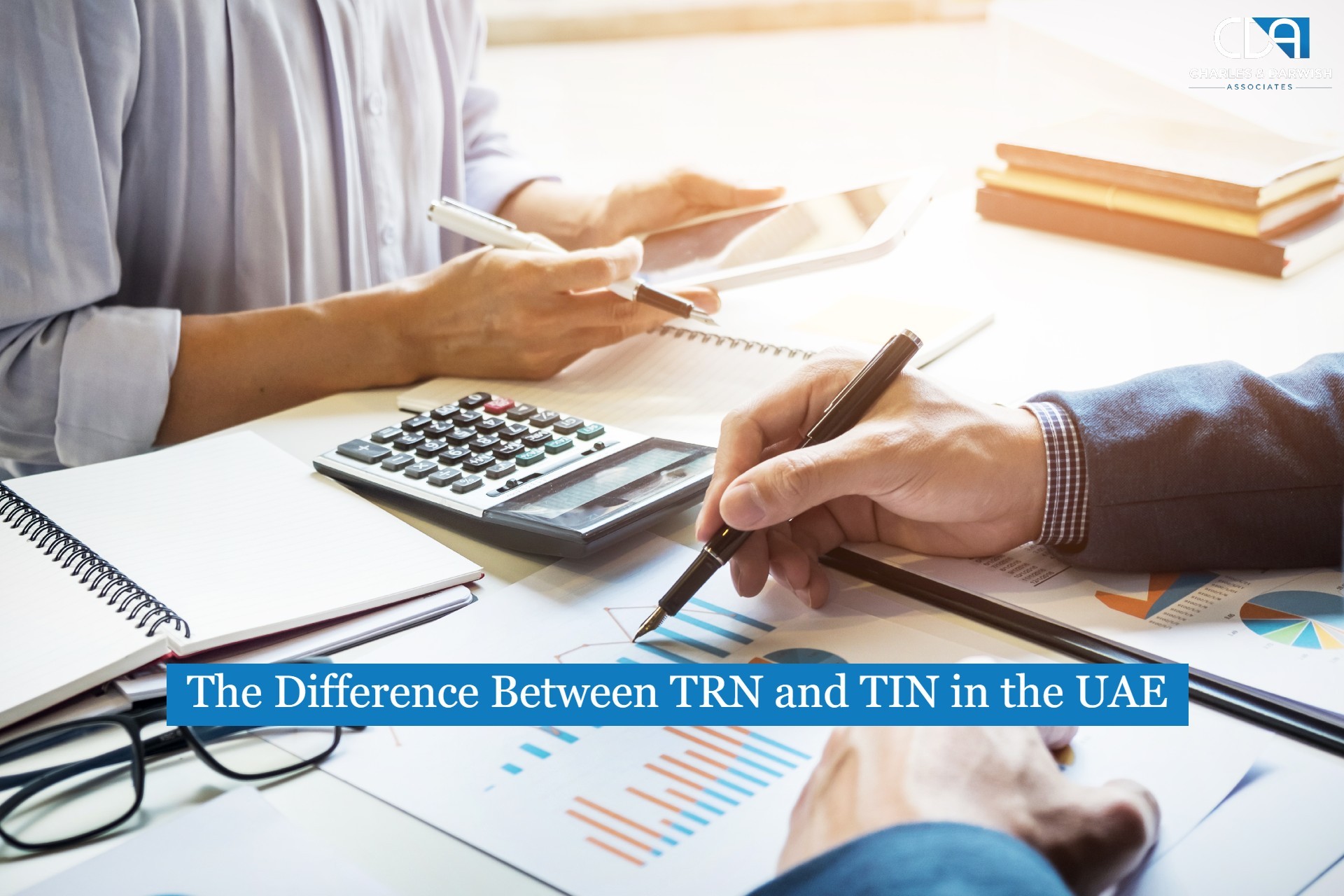Reverse Charge Mechanism
Reverse Charge Mechanism
Under Normal context, VAT is to be charged, collected and paid to the government by the supplier of taxable goods/services and the process is termed as forward charge mechanism. Whereas Reverse Charge Mechanism or abbreviated as RCM shifts the responsibility of tax payment to the Buyer/Recipient of goods/services.
The idea can be better depicted as follows: -
Normal Scenario / Forward Charge Mechanism-
Reverse Charge Mechanism Scenario-
When Reverse Charge Mechanism applies?
Under UAE VAT Law Reverse Charge Mechanism applies in specific cases. As per Article 48 of VAT Law, the Reverse Charge Mechanism is applicable when: -
- A Taxable Person imports Concerned Goods or Concerned Services for the purposes of his Business
- A Taxable Supply of any crude or refined oil, unprocessed or processed natural gas, or any hydrocarbons, and the Recipient of these Goods intends to either resell the purchased Goods as crude or refined oil, unprocessed or processed natural gas, or any hydrocarbons, or use these Goods to produce or distribute any form of energy - RCM applies. Recipient of the Goods shall calculate the Tax on the value of the Goods supplied thereto.
In all the above cases specific conditions mentioned in the Decree-Law and VAT Executive Regulations should be adhered to be liable for reverse charge under VAT.
Why Reverse Charge Mechanism?
Reverse Charge Mechanism is incorporated in UAE VAT Law with a view to avoid tax evasion on any taxable supplies. If the supplier does not possess business in UAE, tracking transactions and ensuring VAT compliance is not practical option for FTA. Hence, recipients of taxable supplies who are residents of the UAE are made to pay VAT on reverse charge basis. It mainly applies on cross-border transactions and eliminates the obligation for the overseas seller to register for VAT in the UAE.
Exceptions: -
- When goods are imported with the intention of transferring the same to another GCC State, the place of supply of import is still the UAE, but
- The importer must pay import VAT without availing the reverse charge and cannot recover this VAT
- This import VAT is recoverable in the GCC State to which the goods are transferred
- When the import VAT was recovered in the UAE under the expectation that goods would not be transferred to another GCC State, but at a later date if they are moved to another GCC State, the importer will be required to “repay” the import VAT by treating the transfer as a deemed supply subject to VAT.
What are the requirements for the Reverse Charge Mechanism?
- Must be registered under VAT.
- Account for Tax on the value of the Concerned Goods or Concerned Services
- Keep proper records.
- Invoice and other documents should be maintained to substantiate the tax payment and input tax claim
- Remit VAT and claim input if eligible
- All supporting documents shall explicitly indicate that the transaction is on reverse charge basis.
Practical Illustration
Suppose, a VAT registered establishment in UAE imports goods worth AED. 10,000 from UK. Here, the establishment in UAE, being a registered importer, is required to pay VAT @ 5% on AED 10,000 i.e. AED 500 to the tax authority and can claim input tax on the same.
Responsibilities of a recipient under RCM
- Calculate the amount of tax payable to the government
- Self account the VAT amount as output tax throughout the purchase
- State it in the VAT return
- Claim the input credit if eligible
- Maintain the necessary documents like invoices, vouchers, etc.
Benefits to importers by RCM provisions in Law
The buyer is required to pay VAT to government on purchases made by him
The input tax for the VAT paid under the reverse charge can be recovered by the importer.
The RCM provision helps the Importers to link their Customs account with TRN makes more transparency in Imports.
How an accountant will help to minimize the risk of applying Reverse Charge mechanism
An accountant can help to minimize the risk of applying Reverse Charge mechanism in the following ways: -
- Proper recording
- Accurate claiming of VAT through VAT ‘201’ form
- Arrangement and collection of Import Records
- Proper Tax Filing
What is CDA’s role in Reverse Charge Mechanism?
CDA has been providing its skillful services to the business world for the last so many years fulfilling the needs of its clients with complete satisfaction. We can assist you deal with the VAT filing of your business in a better way and help you comply with the VAT rules on Reverse Charge Mechanism.
Our experts will analyze the VAT issues and prepare better solutions appropriate your business based on its nature and the needs of the owner. Our Accountants can give you effective advice on Reverse Charge Mechanism and fulfill VAT compliance. We can help you in filing VAT Returns and Audited Financial Statements.
CDA Accounting & Bookkeeping Services LLC also skilfully handle CFO Services, Auditing Services, Accounting & Bookkeeping Services, Accounting Software services, Due Diligence Services, and Tax Filing & VAT Consultancy services on time according to the convenience of our good clients. We give priority to the maximum satisfaction of our clients.
Feel good to contact us. CDA is always there for your relief!!!
Our experts will give you one-hour Free Consultation to drive away your worries!

Mark Thompson
Full-stack Developer, Blogger, and Tech Enthusiast.
Mark specializes in digital marketing, SEO, and content strategy.








5e2e99eab9e24.png)




